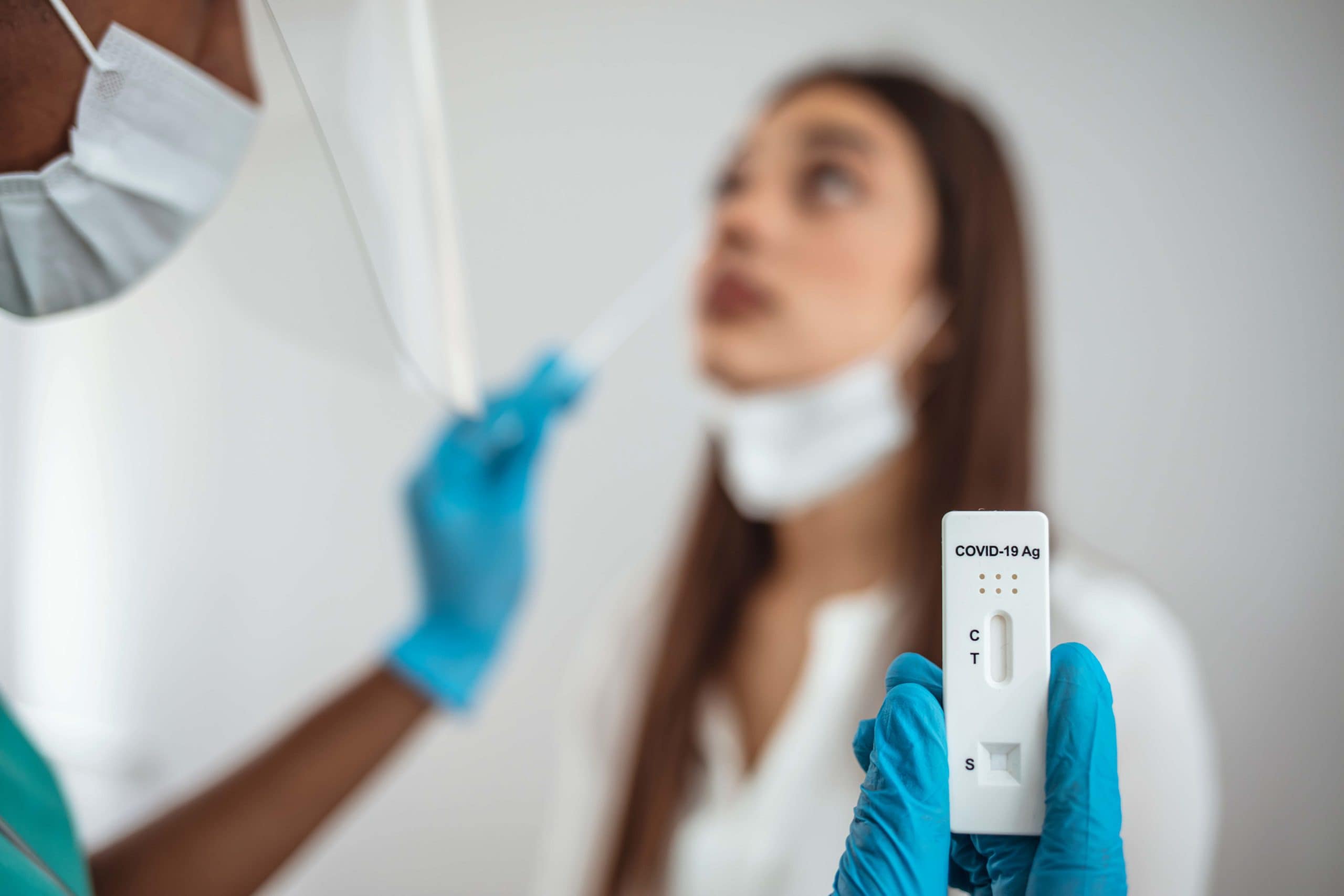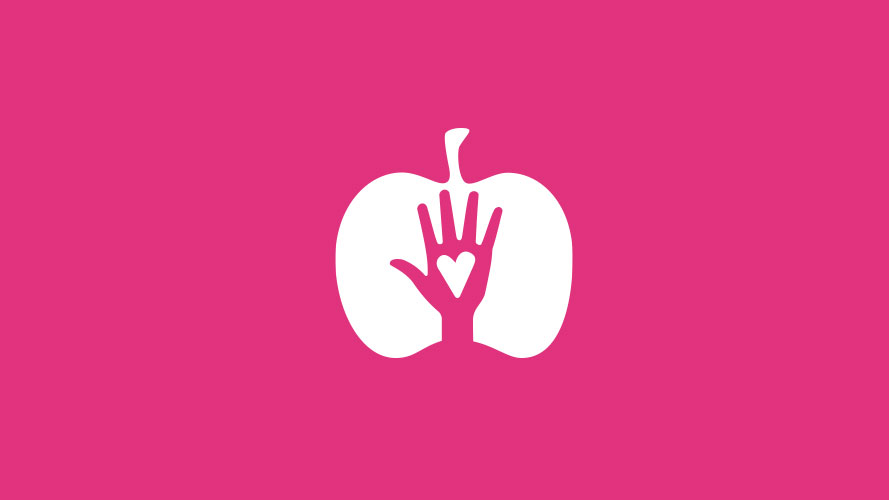By now you’ve probably heard about the new SARS-CoV-2 Variant of Concern (VOC) that the WHO has officially named Omicron — also known as B.1.1.529. In response to Omicron’s discovery, several nations are imposing restrictions on travel from eight African countries, with some poised to impose further restrictions on the mobility of their people.
Much of the reporting on this variant has been speculative and a significant amount of it has used fear as the primary motivator. Here, we will put the Omicron variant into context, assess the risks, consider the big picture, and see what actions you might wish to take.
Mutation is normal – Healthy immune systems can handle it

It is the nature of viruses to mutate. When they replicate they make what are called “copying errors”. These errors are genetic mutations and enough of them yields a new variant. The mutations can be caused by error, pressure from the cells they are infecting, or even from vaccination. Much has been made of the fact that Omicron reportedly has around 50 differences in mutation, over 30 of which are in the spike protein of the virus. It’s important to note that this is still a negligible difference and mutation does not automatically imply that the variant is any worse.
A healthy immune system that has recovered from Covid-19 can recognize a new variant as the same virus it already dealt with. In March of this year, researchers took T-cell samples from people who had either recovered from Covid-19 or had been recently vaccinated against the disease. They then exposed the T-cells to the peptides of multiple variants, including VOCs. In each case, the T-cells responded to the variants they were exposed to. In other words, the immunity acquired, either by natural infection or inoculation, stood up against every single variant.
This is not surprising and should be kept in mind as the world turns its attention to the new variant. The known infections thus far have included symptoms such as tiredness, headache, body aches, dry cough, and scratchy throat. There are no known deaths, in Africa or elsewhere. Angelique Coetzee, Chairperson of the South African Medical Association and the person responsible for discovering B.1.1.529, has reported they have only seen “very, very mild cases.”
No bearing on your vaccine decision
Some commentary on the new variant makes much of the fact that it has come from countries with low vaccination rates. Botswana, where the first four cases were recorded, is only 20% fully vaccinated. However, it should be noted that these first cases were in vaccinated individuals. The cause-and-effect implication here is completely unfounded. There is a strong case to be made that vaccination programs carried out in a pandemic can actually drive mutation.
There is a significant push in many countries to inoculate more people. It’s almost as if world leaders are chanting, “Booster! Booster! Booster!” as they deliver updates on the variant. But we already know that Covid-19 inoculations do not stop people from catching the virus, nor do they stop its spread. There are also valid concerns about adverse side effects associated with the vaccines. Vaccination is a personal choice and should not be driven by fear.
There also exists a push from Western leaders to vaccinate masses of people in Africa. Our stance is clear: African nations can determine what is best for their people; they do not need “rescue” by Western nations eager to vaccinate.
Vaccine manufacturers appear poised to push their boosters and create new vaccines in response to this variant. It is important to remember that safe development takes around 10 years. According to the available evidence, novel vaccine products developed in haste for Omicron are absolutely unnecessary and their use would be irresponsible.
Lockdowns and travel bans only cause harm

Lockdown measures and travel bans do not curb the spread of disease. This has become clear over the past two years. While they do not prevent spread or deaths, they do further decimate the livelihoods of people already suffering and erode the physical and mental health of millions through stress and isolation. For a country like South Africa, which has already suffered immensely from travel bans and lockdown measures, renewed restrictions will surely have a devastating impact.
Travel bans on African nations are also completely misdirected and being interpreted by some as offensive. Omicron has now been found across Europe and in Latin America. Dutch authorities have announced that Omicron was found in samples dated November 19 and 23, before the variant’s discovery was announced by South Africa on November 26. Dr. Charity Dean, a former official at the California Department of Public Health who has advised the White House, has “no doubt” that Omicron is spreading in the United States. “In fact, my dirty math based on a number of assumptions, including international travel — I would estimate there’s around 2,000 cases in the US right now.”
Is there a silver lining?

Omicron is new and we still have a lot to learn. If the media and officials are going to focus on how bad the new variant could be, is there a reason to not consider the possibility that the new variant might actually be good?
Dr. Karl Lauterbach, a professor of epidemiology in Germany, has suggested that Omicron may bring us closer to the end of the pandemic. How could a VOC possibly do this? At this point, all signs point to Omicron being less severe and lethal than previous variants, meaning it might be optimized to be infectious (a common evolutionary path for respiratory viruses). If this is the case, all of the mutations were quite likely related to transmissibility because viruses tend to mutate in only one of three directions: severity, transmissibility, and immune escape.
If Omicron is indeed more transmissible and less severe, this means we may all eventually be exposed. And if we are, we will recover using our optimized immune systems supported by safe and effective treatments. Overcoming the mild infection will then confer immunity for variants to come.
But maybe Omicron hasn’t mutated to be more transmissible. Why then are reported symptoms mild? Predominantly mild cases might be signaling that immunity is working, despite the mutations.
Regardless of how exactly Omicron has mutated and how it is spreading, the one thing we do know is that it is too early for experts to truly understand the situation. The majority of reporting right now is pure speculation and scaremongering, despite the potential positives we have addressed above.
The takeaway
There is currently no evidence to suggest that the new Omicron variant is any cause for alarm. Mutations are normal and the human immune system is capable of dealing with them. If you already have immunity to Covid 19, whether natural or via inoculation, there is no reason to believe that this variant could escape it. Either way, the best thing you can do for your health – at all times and not just during a pandemic – is to support your immune system and live in a way that supports your overall well-being.
The press and even government spokespeople often paint a bleak picture where humans are helpless victims with no ability to fight back. This could not be further from the truth. Covid-19 remains a treatable disease with a high recovery rate of over 99.9%. The vast majority of people have a finely honed immune system with an extraordinary ability to vanquish any threat. The emergence of a new variant does not change that.
Rather than fear and panic, which depress immunity, let’s spread hope and strengthen our defenses with positivity.






